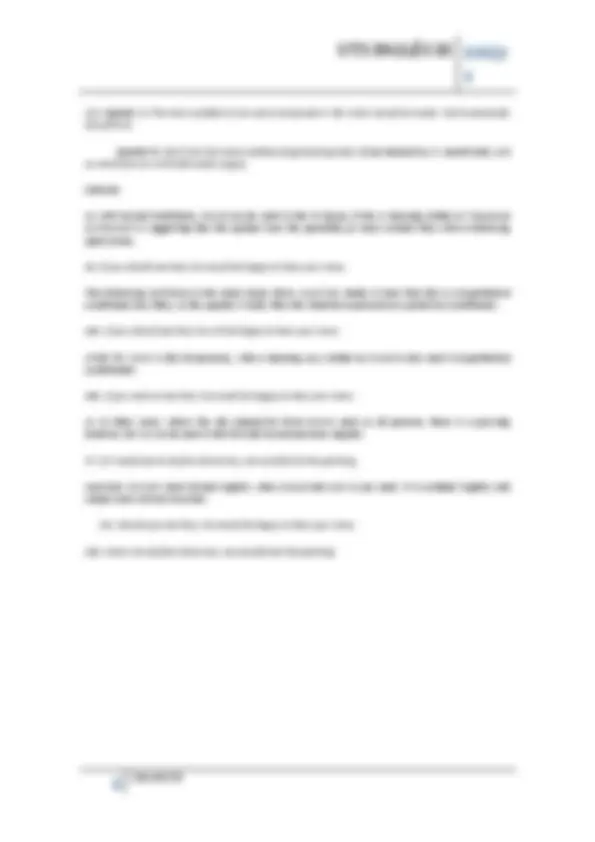



Prepara tus exámenes y mejora tus resultados gracias a la gran cantidad de recursos disponibles en Docsity

Gana puntos ayudando a otros estudiantes o consíguelos activando un Plan Premium


Prepara tus exámenes
Prepara tus exámenes y mejora tus resultados gracias a la gran cantidad de recursos disponibles en Docsity
Prepara tus exámenes con los documentos que comparten otros estudiantes como tú en Docsity
Los mejores documentos en venta realizados por estudiantes que han terminado sus estudios
Estudia con lecciones y exámenes resueltos basados en los programas académicos de las mejores universidades
Responde a preguntas de exámenes reales y pon a prueba tu preparación

Consigue puntos base para descargar
Gana puntos ayudando a otros estudiantes o consíguelos activando un Plan Premium
Comunidad
Pide ayuda a la comunidad y resuelve tus dudas de estudio
Descubre las mejores universidades de tu país según los usuarios de Docsity
Ebooks gratuitos
Descarga nuestras guías gratuitas sobre técnicas de estudio, métodos para controlar la ansiedad y consejos para la tesis preparadas por los tutores de Docsity
guia de condicionales hipoteticos. positivos, negativos e interrogantes
Tipo: Apuntes
1 / 3

Esta página no es visible en la vista previa
¡No te pierdas las partes importantes!


The type 2 conditional refers to an unlikely or hypothetical condition and its probable result. These sentences are not based on the actual situation. In type 2 conditional sentences, the time is now or any time and the situation is hypothetical. What is second type hypothetical conditional? The second conditional is used to imagine present or future situations that are impossible or unlikely in reality. If we had a garden, we could have a cat. If I won a lot of money, I'd buy a big house in the country. I wouldn't worry if I were you. What is an example of a hypothetical conditional statement? Examples of Hypothetical Conditional Sentences If you ate too much, you'd (you would) get fatter. You'd get fatter if you ate too much. If everyone worked faster, we would finish in time. We wouldn't finish in time unless everyone worked faster. Conditional Sentences in English: Hypothetical Conditionals Hypothetical Conditionals, future time When speakers present an action or state in hypothetical conditional terms, they are stating that the hypothetical [non-]occurrence or [non]-existence of a future action or state is a consequence of some unlikely, hypothetical prior action or state:
_38. If it were fine tomorrow, we would have a barbecue.
In #41, the use of (the negative form of) would implies that the speaker considers ‘their’ future refusal as an annoying or wilful characteristic. In #43, would implies Romana’s willingness to come. Would conveying the idea of [distanced] certainty is, logically, uncommon in the IF-clause Modals can be, and frequently are, used in the IF-clause. The reality-distancing forms are unmarkedCAN MAY MUST SHALL WILL distancing COULD MIGHT SHOULD WOULD MUST has no distancing form;we use would have to when one is required:
45. If he did it again, George would have to dismiss him. Modals can have extrinsic meaning, relating to the degree of certainty of the action or state referred to and an intrinsic meaning, relating to such notions as permission , obligation , necessity and ability. This explains why would can be used with its intrinsic meaning in the IF-clause, but not with its extrinsic meaning. Occasionally context may not make it fully clear which meaning is intended with _could